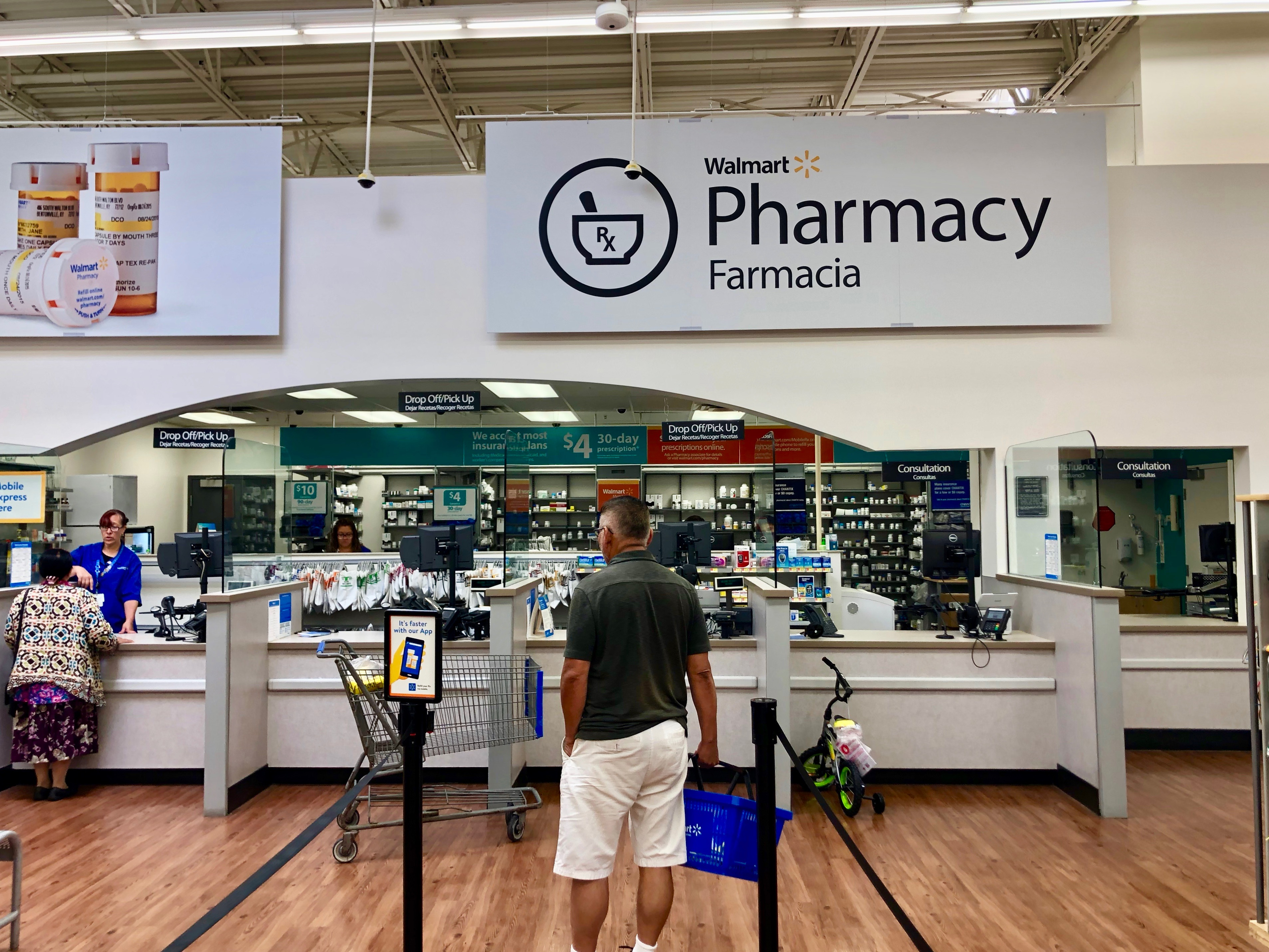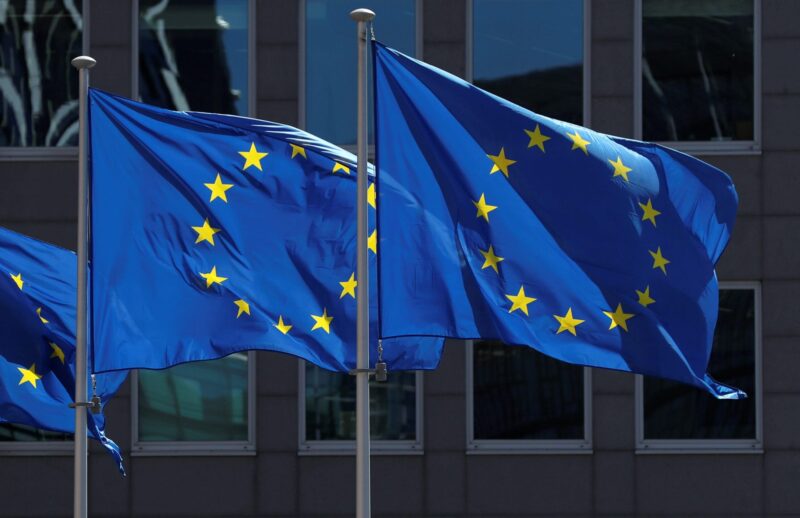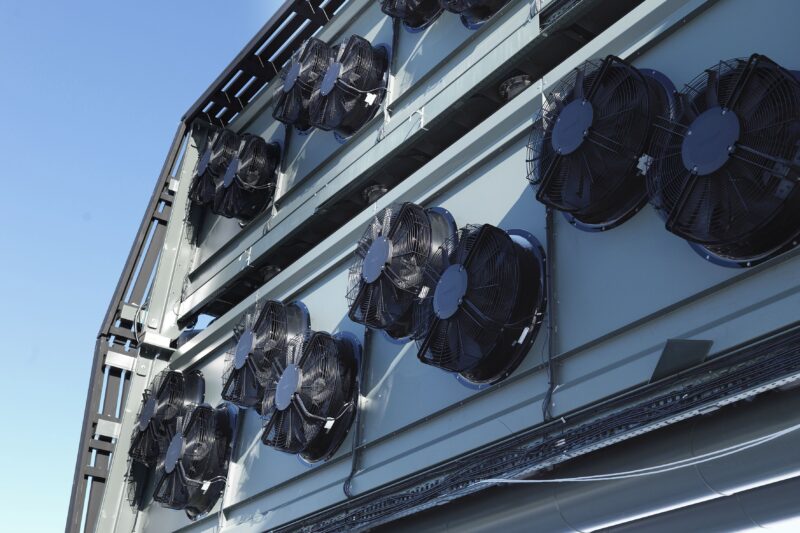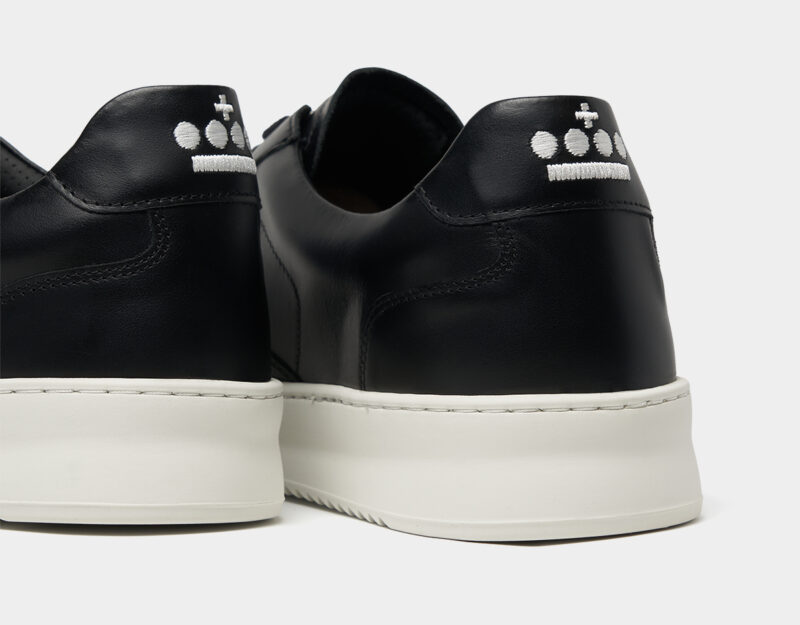- Walmart received $12.6 million from a coronavirus relief fund Congress set up to help struggling doctors and hospitals.
- Walmart got the money because the formula the Trump administration set up allowed any healthcare providers who take care of Medicare patients to qualify. The funds went out automatically.
- Even though Walmart provides healthcare and set up coronavirus testing sites, the retail giant said it did not ask for the funds, and it refunded the money.
- Visit Business Insider’s homepage for more stories.
Walmart has returned $12.6 million to the federal government from a fund meant to help medical providers struggling against the coronavirus pandemic, the company confirmed to Business Insider.
The retail giant, which provides healthcare services and even set up a few coronavirus testing sites during the pandemic, was among more than 500,000 providers who received the earliest influx of cash from the federal government. While most providers have been clamoring for the stimulus, Walmart said in a statement that it never asked for the money.
“Walmart did not request support from the Provider Relief Fund to get through this crisis,” the company said. “The fund is intended to help hospitals and frontline medical providers, so we quickly contacted the Department of Health and Human Services about the disbursement and returned the funds.”
The Department of Health and Human Services, known as HHS, funneled $30 billion to healthcare providers between April 10 and April 17. The money went out automatically.
Never miss out on healthcare news. Subscribe to Dispensed, Business Insider's weekly newsletter on pharma, biotech, and healthcare.
After getting the unexpected money, Walmart sent a letter to Alex Azar, who oversees HHS, and to Seema Verma, who oversees the Centers for Medicare and Medicaid Services, on April 23 to ask how to set up a refund. News of the refund was first reported in Politico.
Walmart also said in its letter that it did not want to receive any additional funds set aside for healthcare providers. The company is the largest private employer in the US, and has been allowed to stay open during the pandemic. In some states, however, it has been blocked from selling "nonessential" items such as clothing and toys.
An HHS official confirmed to reporters on an April call that several healthcare providers who received the funding had returned it. When asked for names, an HHS spokesperson said, "We do not plan to release the names of those who return or do not accept the funding."
The language of the CARES Act, the bill that created the provider relief fund, allows the money to go not only to hospitals on the front lines of the pandemic but also to medical practices that lost revenue because of shutdowns.
All over the US, hospitals and medical practices are struggling financially because they've had to put off exams and procedures to conserve supplies and prepare for a surge of patients with COVID-19, the disease caused by the coronavirus.
The CARES Act left the decision of how to allocate $100 billion in provider relief funds to the Trump administration. The first $30 billion cash infusion went to any doctor, medical practice, or hospital that bills Medicare, the government program that covers seniors and some people with disabilities. Later in April, HHS announced another $20 billion available to the same providers, through a formula based on total revenue.
Health officials have said they made this choice to get the money out quickly. Remaining funding targeted rural healthcare providers and areas with a large number of coronavirus cases, and covering uninsured coronavirus patients.
On April 24, President Donald Trump signed another bill into law to allocate $75 billion more in relief to providers. That money hasn't yet gone out, but the American Hospital Association has requested more cash for the next stimulus package under debate. According to a report out Tuesday, the industry group expects to lose $202.6 billion because of the pandemic.
If you are a healthcare provider who returned funding to the federal government from the CARES Act, and want to share your story with Business Insider, please email senior healthcare reporter Kimberly Leonard at [email protected].










